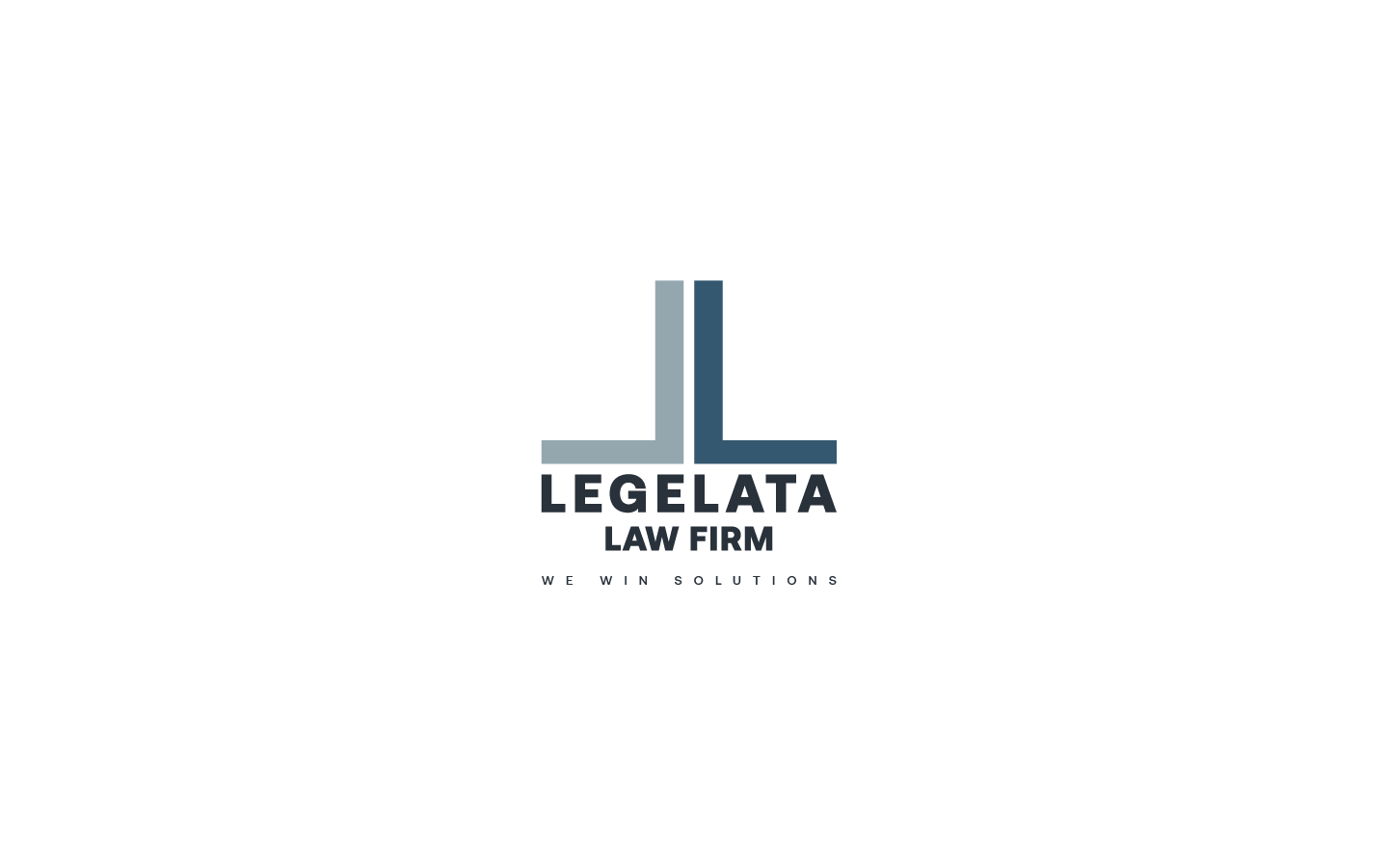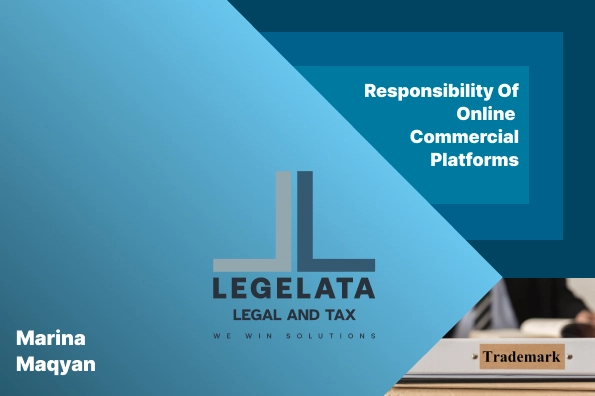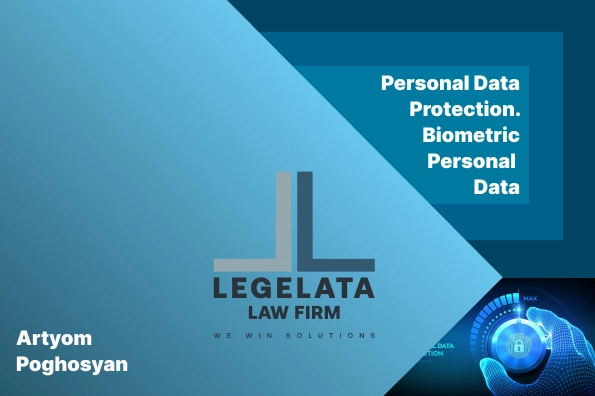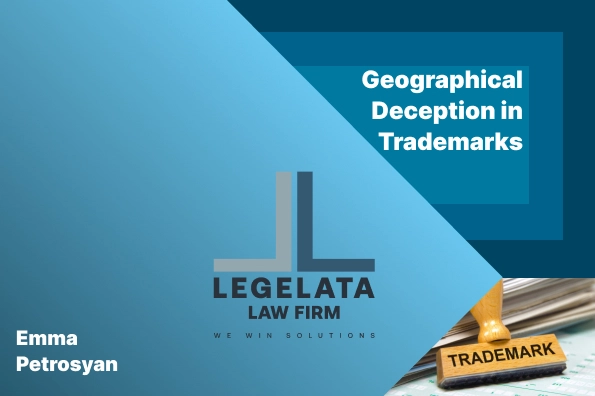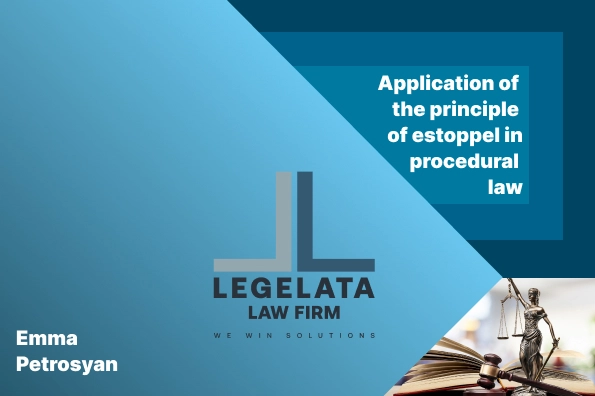This article articulates the recent changes in legislation in US requiring registration of ultimate beneficial owners of the corporate establishments.
UBO Declarations in the United States.
In recent years, the global regulatory landscape has increasingly emphasized transparency in corporate ownership structures, particularly regarding the identification of Ultimate Beneficial Owners (UBOs). The United States has joined this international trend through
significant legislative amendments mandating UBO declarations. This article outlines the key aspects of these amendments, their implications, and the steps businesses must take to ensure compliance.
The Push for Transparency.
UBOs are individuals who ultimately own or control a legal entity, either directly or indirectly. Identifying UBOs is a critical tool in combating money laundering, terrorist financing, and other financial crimes. Traditionally, the U.S. relied on financial institutions to verify beneficial ownership during customer due diligence processes. However, gaps in this framework raised concerns about the misuse of shell companies for illicit activities.
To address these issues, the United States enacted the Corporate Transparency Act (CTA) as part of the National Defense Authorization Act for Fiscal Year 2021. This act marks a significant departure from prior practices by imposing direct reporting obligations on companies to disclose their UBOs to a centralized government authority.
Legislative Framework: The Corporate Transparency Act.
The CTA is a cornerstone of recent reforms aimed at combating financial crime. Its primary objective is to curb illicit activities such as money laundering, tax evasion, and terrorism financing by requiring entities to report beneficial ownership information to the Financial Crimes Enforcement Network (FinCEN).
This requirement addresses longstanding gaps in U.S. corporate governance laws, which previously allowed certain entities to maintain opaque ownership structures, thereby enabling potential misuse. By enacting the CTA, the U.S. aligns itself with global efforts to enhance corporate transparency:
Scope of the Reporting Requirement.
The CTA applies broadly to entities registered or operating in the United States, including corporations and limited liability companies (LLCs). However, several exemptions exist, such as:
- Publicly traded companies;
- Large operating companies with over $5 million in revenue and more than 20 employees;
- Entities already subject to extensive federal or state reporting, such as banks and insurance companies
A UBO is defined as any individual who:
1. Directly or indirectly owns or controls at least 25% of the ownership interests of the bentity, or
2. Exercises substantial control over the entity’s operations or decisions.
Reporting Deadlines
The CTA stipulates clear timelines for reporting:
- New entities: Must submit UBO declarations within 30 days of incorporation or registration.
- Existing entities: Must submit UBO declarations by January 1, 2025.
Penalties for Non-Compliance
Failure to comply with the CTA’s reporting obligations can result in:
- Civil penalties: Fines of up to $500 per day for each day the violation continues.
- Criminal penalties: Fines of up to $10,000 and/or imprisonment for up to two years for willful violations.
These stringent penalties underscore the importance of compliance and the government’s commitment to enforcing the legislation.
DISCLAIMER:
This material is produced for Legelata LLC. The information contained in this piece is provided for general informational purposes only and does not contain a comprehensive analysis of each item described. Prior to undertaking (or not to undertaking) any actions, the reader is advised to seek professional advice tailored to their specific situation. Legelata or the author accepts and holds no liability for acts or omissions taken in reliance upon the contents of the contained information in this material.
LEGELATA LLC 10/01/2025
